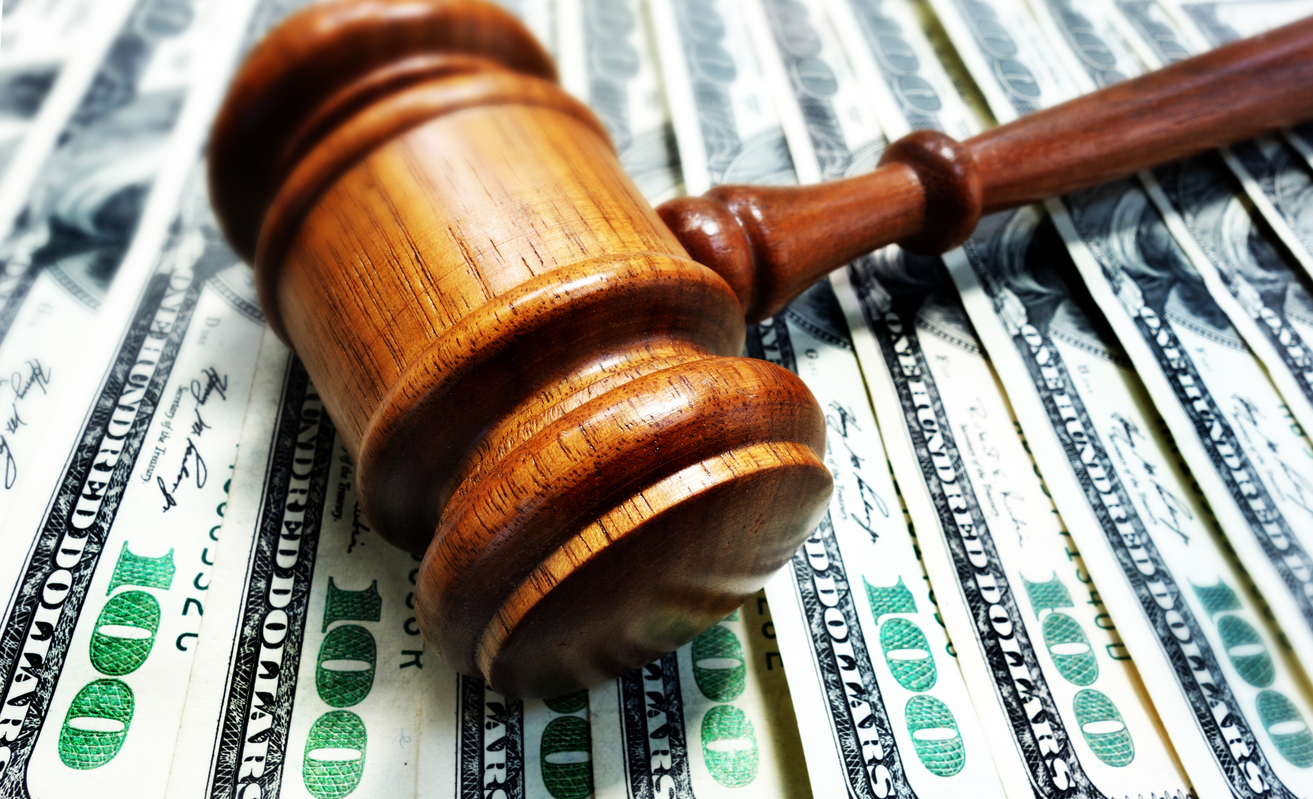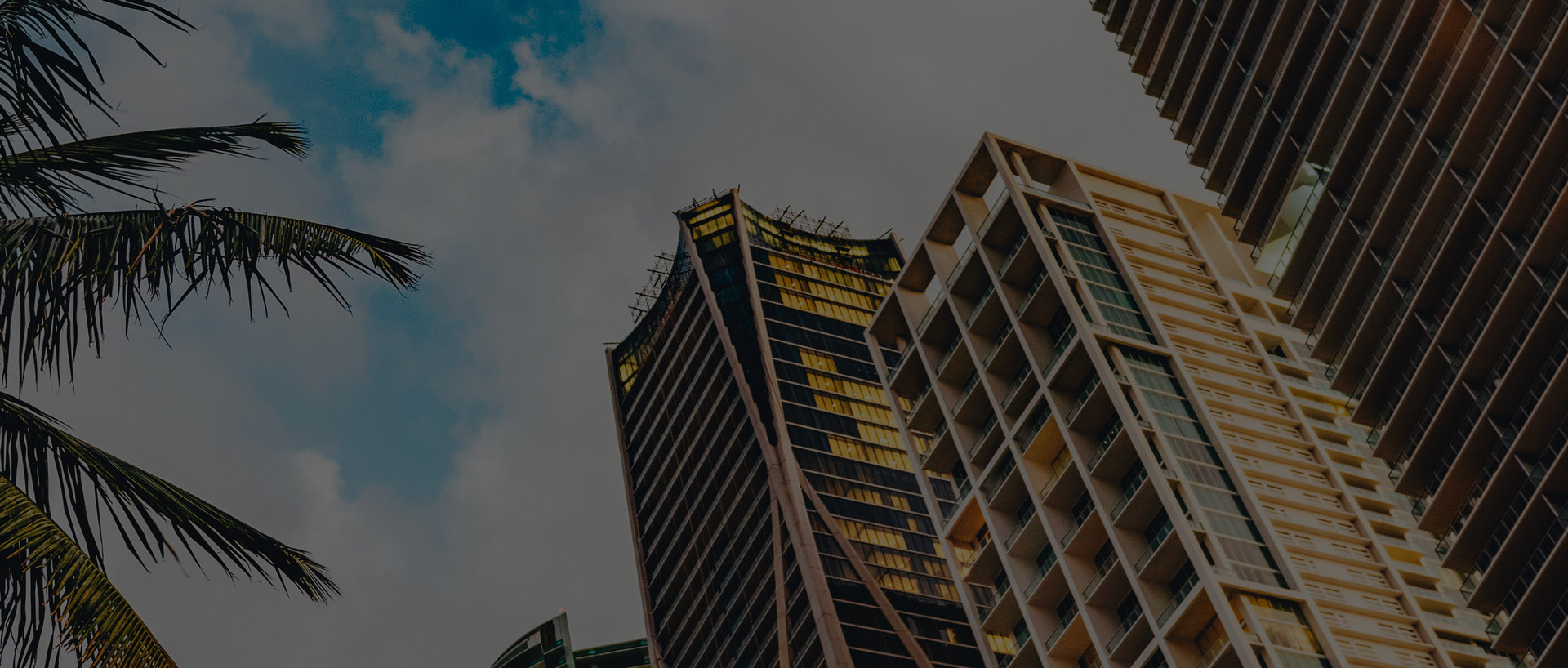10 Tips for Maximizing Compensation in Your Personal Injury Case in Miami, FL
March 5, 2024 | Sagi Shaked | Personal Injury

A personal injury or accident can turn your life upside down. In an instance, you sustained injuries, need expensive medical treatment, and cannot work. Who will pay you for your expenses, pain, and suffering?
Under Florida tort laws, an injured person can seek financial recovery from the party who caused their injuries. Compensation can include reimbursement for expenses, losses, and the pain and suffering you experience due to the accident and your injuries.
Learn How to Increase Your Settlement Value From a Miami Personal Injury Lawyer
Injured victims must prove the legal elements of a personal injury case to recover money from the other party. The steps you take after the accident can help maximize your settlement.
Ten tips for maximizing a personal injury settlement in Florida are:
1. Call 911 to Report the Accident
Regardless of whether you feel injured, it’s still critical that you call 911 and have the police create a report. They are experienced in identifying evidence of fault, and their report can be foundational in your case.
2. Gather and Preserve Evidence
Your personal injury claim begins the moment you are injured. If possible, document the scene where you were injured. For example, if you were hurt in a car accident, use your cell phone to make a video of the crash site. If you were injured in a slip and fall accident, take photographs of the hazard that caused your fall.
Keep copies of your medical bills and proof of out-of-pocket expenses. It can also help to begin a pain and suffering journal. In your journal, write down the details of your recovery, including your struggles with pain and emotional distress. Also, take photos of your injuries as you heal.
3. Do Not Accept Fault for the Cause of Your Injuries
Florida recently amended its comparative fault statute. If an injured party is more than 50% to blame for the cause of their injury, they cannot recover any money from the other parties involved in the case. If you are 50% or less at fault, you can receive compensation for your damages, but the amount is reduced by the percentage of fault assigned to you.
You need to be careful what you say after an accident. For example, stating you are sorry could be interpreted as admitting fault.
Insurance adjusters are skilled at tricking people into saying things that could be intentionally misinterpreted as admitting fault. Allowing your personal injury attorney to handle all communications with the insurance company can help avoid making statements that could result in comparative negligence allegations.
4. Seek Prompt Medical Treatment
Regardless of whether you think you were injured, it is wise to see a doctor after an accident. Some injuries might not be immediately apparent. Furthermore, delays in medical treatment could make it harder to recover maximum compensation for your personal injury claim.
Insurance companies often use delays in medical care to allege that the accident wasn’t the cause of the injuries or that the claimant is making up injuries to get money for a claim.
The company may also accuse you of failing to mitigate damages (making your injuries worse than they would have been had you seen a doctor immediately). Seeing a doctor right after an injury creates medical records that can be used to prove that the accident caused your injuries and establish the severity of your injuries.
5. Document Your Losses and Damages
In addition to documenting your physical injuries with medical records, you should keep evidence of other damages. For example, keep receipts of over-the-counter medications, household services, and other expenses related to the accident. Also, track how much time you missed from work for a lost wages claim.
6. Do Not Undervalue Your Damages
The insurance adjuster will undervalue your damages when the company makes an initial settlement offer. Therefore, you need to know the value of all damages to evaluate the fairness of an offer.
Injured victims can receive compensation for their economic damages, such as:
- Medical bills
- Out-of-pocket expenses
- Lost wages
- Rehabilitative therapies
- Personal and/or nursing care
In some cases, victims may also seek compensation for their non-economic damages, including:
- Physical pain and discomfort
- Emotional distress and mental anguish
- Scarring and disfigurement
- Loss of enjoyment of life
If you are unsure how to value damages in a personal injury case, consult a Miami personal injury lawyer before accepting a settlement offer. Settlement agreements include clauses that waive your right to seek more money for your claim.
7. Don’t Forget to Include Future Damages
Future damages compensate you for permanent impairments and disabilities.
They include:
- Ongoing medical care
- Long-term nursing/personal care
- Diminished quality of life
- Future lost wages
- Reduction in earning capacity
Future damages can be difficult to prove. You must demonstrate that your impairment will cause ongoing suffering and/or expenses. Generally, proving future damages requires hiring one or more expert witnesses.
8. Build a Case for Liability
Injured parties have the burden of proving negligence, intentional torts, or other grounds for holding someone financially responsible for damages.
The legal elements of a case may differ, but generally, you must have evidence to prove:
- The party that caused your injury owed you a legal duty of care
- They failed to meet the duty of care by their omissions or actions
- The party’s breach of duty directly and proximately caused your injury
- You sustained injuries, harm, and losses because of the party’s breach of duty
Gathering evidence and building a legal argument for liability can be challenging if you do not understand personal injury laws, the rules of evidence, and other relevant matters. Hiring a personal injury lawyer to handle the case means you do not need to worry about hurting your case due to a lack of knowledge of the law.
9. Avoid Social Media
Never assume anything you post online is private, even with the strongest security settings. Insurance companies and defense attorneys have a way of finding things you or your friends post on social media.
An innocent statement or picture could damage your personal injury case if a jury misconstrues the meaning. It is best to avoid social media until your personal injury case is resolved.
10. Consult a Miami Personal Injury Attorney
You might not need a personal injury attorney to handle your case. However, the only way to know for sure is to talk with one. Most Miami personal injury lawyers offer free consultations.
Contact Our Shaked Law Personal Injury Lawyers in Miami To Discuss Your Case
We will review your case, answer your questions, and give you an honest assessment without obligation or cost. Maximizing compensation in your personal injury case in Miami, FL begins with obtaining sound legal advice from a top-rated lawyer. Contact our Miami Personal Injury lawyers at Shaked Law Personal Injury Lawyers to schedule a free consultation.
Shaked Law Personal Injury Lawyers
20900 NE 30th Ave Suite 715
Aventura, FL 33180
(305) 937-0191
